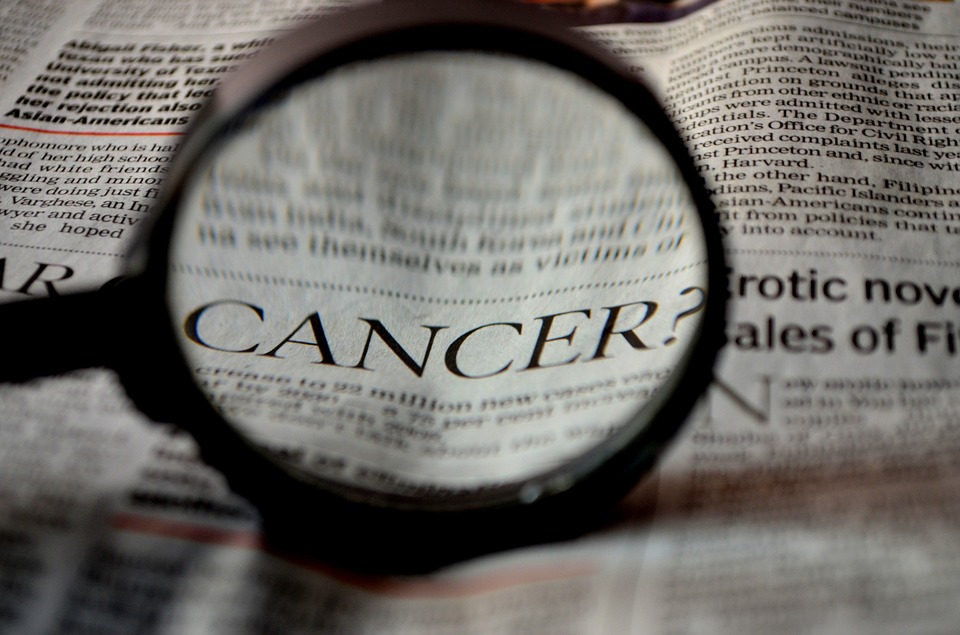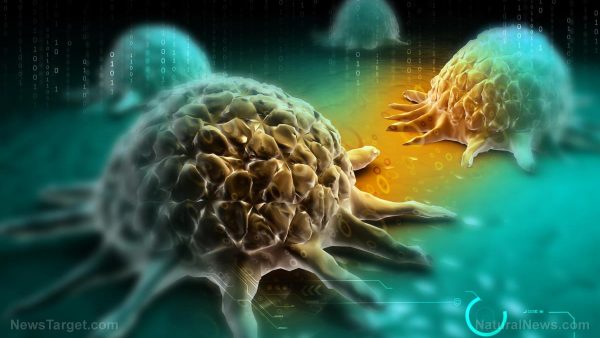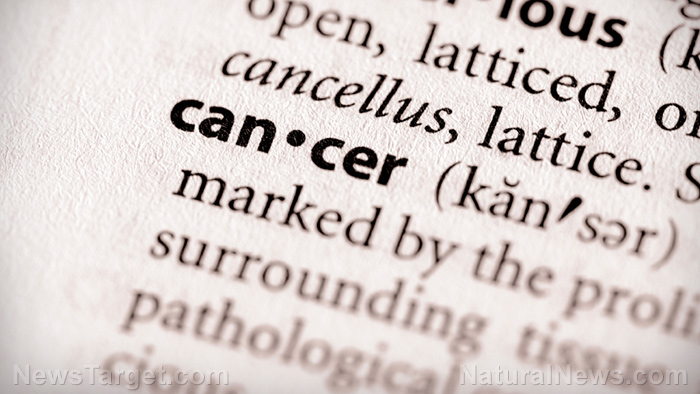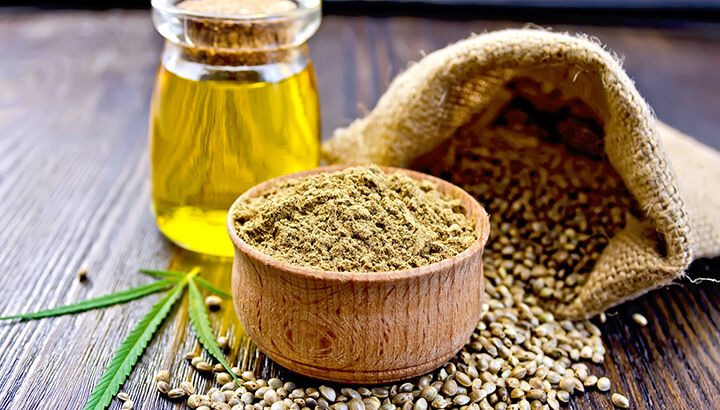A burning, hot sensation in your mouth isn’t the only trick chili peppers have up their sleeve. Rather than spicing up your food, German researchers found that capsaicin, or the active, hot compound in chili peppers, could stop breast cancer in its tracks.
Breast cancer is the most common cancer in women worldwide, affecting about one in eight American women. Scientists have classified breast cancer according to the presence or absence of three receptors that are known to promote breast cancer proliferation. The receptors are estrogen, progesterone, and the epidermal growth factor receptor 2 (HER2).
While breast cancers that test positive for HER2 typically respond well to available treatments, others that test negative for all three receptors (also called triple-negative breast cancer) are harder to treat, with damaging chemotherapy being the only available treatment option.
The German research team led by Ruhr-University Bochum’s Dr. Habil Hanns Hatt and Dr. Lea Weber, however, found that capsaicin may offer new hope in the treatment of this particularly aggressive cancer type. (RELATED: Learn more about health-enhancing foods at FRESH.news)
Spicy molecule causing cancer cells to self-destruct
For their study, the team analyzed the effect of capsaicin on SUM149PT cell cultures, which are a model system for the aggressive triple-negative breast cancer type. Previous research suggested that several transient receptor potential (TRP) channels influence cancer cell growth. These TRP channels are membranes that control how much calcium and sodium goes in and out the cancer cell.
Olfactory receptor TRPV1 is one of these channels that received a great deal of attention from researchers around the world. For their study, the German researchers aimed to investigate the role TRPV1 plays in breast cancer growth and development. They hope their findings may lead to better understanding how TRPV1 could be used in breast cancer therapy.
“To our knowledge, no studies have yet conducted a large-scale comparative study of the TRP channels expression profiles in breast cancer cell lines,” said Dr. Lea Weber.
When Dr. Weber and colleagues added capsaicin and helional, a chemical compound which creates the scent of a fresh sea breeze, to breast cancer cell cultures for several hours or days, the spicy ingredient attached itself to the edge of the cancer cell, known as the cell membrane, and activated TRPV1.
When TRVP1 was switched on by capsaicin, calcium and sodium distribution spun out of control and cancer cells began to divide more slowly and self-destruct, which halted the tumor in its growth while leaving healthy cells unharmed.
What’s more, surviving cancer cells were no longer able to move as quickly as before, implying that their ability to form metastases in the body was significantly reduced. (RELATED: Many common food ingredients kill cancer cells. Stay informed at Ingredients.news)
Exciting breakthrough in the treatment of cancer
While it is too soon to make any conclusion, these findings are an exciting breakthrough in the fight against cancer. However, the researchers noted that the effect cannot be achieved by consuming chili peppers or inhaling the capsaicin compound. They said that that capsaicin is most effective when taken in pill form and attached to another drug that effectively targets cancer cells.
“If we could switch on the TRPV1 receptor with specific drugs, this might constitute a new treatment approach for this type of cancer [triple-negative breast cancer],” says Hanns Hatt.
Furthermore, capsaicin has also been shown to inhibit cancer cell growth and induce cell death in several other types of cancer, including colon and pancreatic cancer.
The study was a collaboration between Dr. Hanns Hatt and Dr. Lea Weber, and several institutions in Germany, including the Augusta clinics in Bochum, the hospital Herz-Jesu-Krankenhaus in Dernbach, and the Centre for Genomics in Cologne. The findings were recently published in the journal Breast Cancer: Targets and Therapy.
See more news about cancer prevention at Prevention.news
Sources:
Mirror.co.uk
MedicalNewsToday.com
BreastCancer.org
DX.DOI.org





















